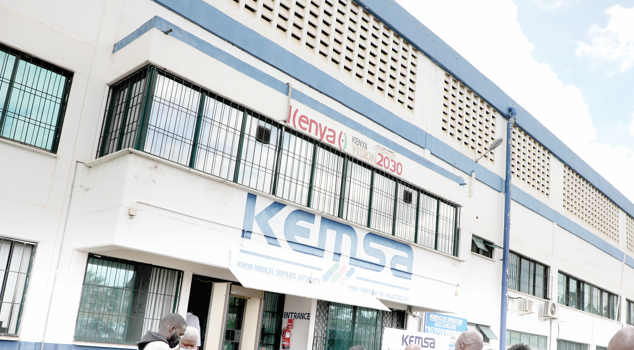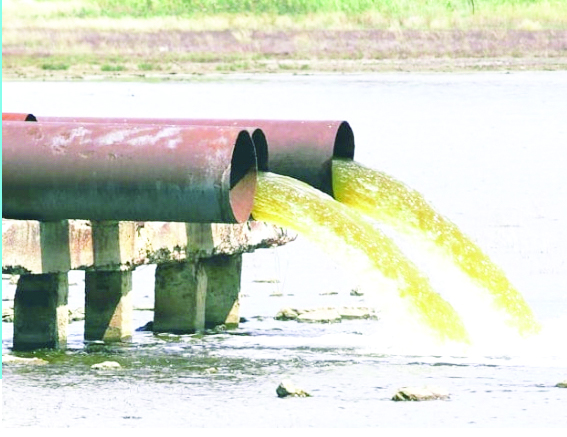Counties must raise more funds locally
Kenyans were last month treated to drama occasioned by a standoff in the Senate over the sharing of county revenue.
The controversy revolved around fears that some counties stood to lose their portion of the equitable shareable cash due to a controversial formula proposed by the Commission on Revenue Allocation.
A deal was eventually struck after President Uhuru Kenyatta proposed an additional Sh50 billion to the Sh316 billion to be shared among counties.
Article 203 (2) of the Constitution provides that counties receive, as equitable share, not less than 15 per cent of all revenue collected by the National government.
This is calculated on the basis of the most recent audited accounts of national revenue received as approved by the National Assembly.
While the stalemate stirred national debate on resource sharing, one issue was overshadowed — revenue collected by individual counties through various levies and taxes.
Though counties are endowed with considerable capacity to raise own revenue, there has been a consistent overreliance on the National Treasury for funds.
While some could fetch millions in property rates and business licensing others are commercial and agricultural hubs.
Indeed the latest report by the Controller of Budget that covers the 2019-20 financial year, reveals that only five out of the 47 counties met and exceeded their annual revenue targets.
However, 29 counties registered a rise in share of revenue targets. One of the most disturbing revelations in the report is that counties used Sh171.83 billion to pay salaries and allowances and Sh104.5 billion on development expenditure. Actually, spending on development projects decreased by Sh4 billion.
It is an open secret that declining revenues in counties is largely attributable to corruption, ineptitude and weak accountability mechanisms. A chunk of the money collected ends up in the hands of a handful corrupt individuals instead of county Treasuries.
Only a few county bosses have been forthcoming when questioned about the use of cash raised on their regions.
And while we understand the roles assigned to the sub-nationals, questions abound on the rationale of spending more cash on recurrent expenditure instead of development.
The latest report is, therefore, a wake-up call for counties to come up with innovative ways of raising own revenue and stop overreliance on the National Treasury as the country fights to recover from adverse effects of the Covid-19 pandemic.












